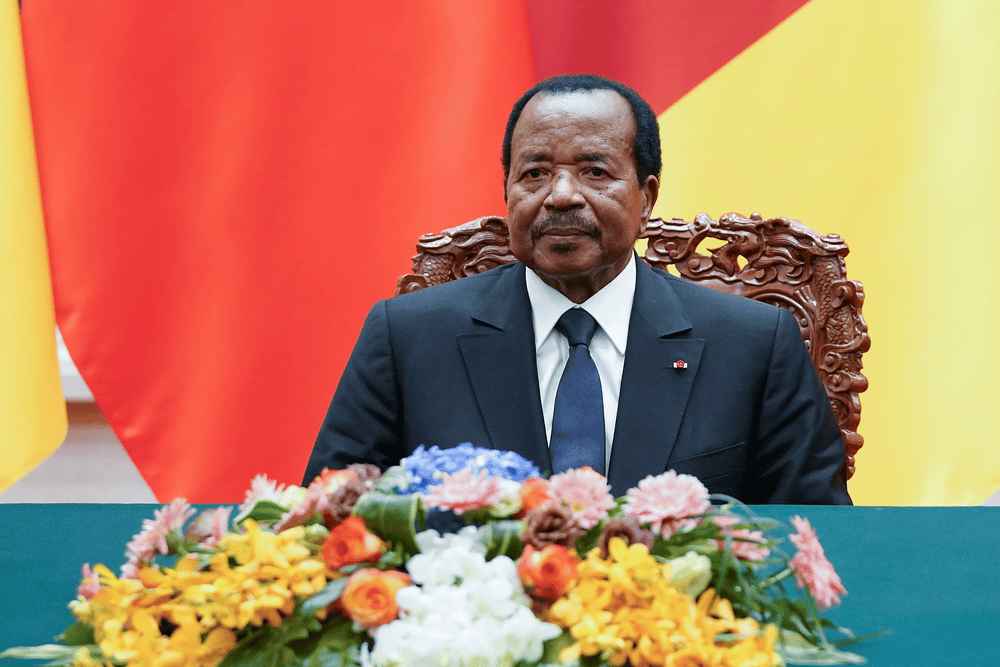Ghanaian industrialists push for restrictions on Nigerian export products
Nigeria’s economic woes may be heightened if the indigenous Ghanaian industrialists succeed in their push for their government to place ban on some items brought into the country from Nigeria.
If a nod is given by the Ghanaian government, the prohibition of these goods would affect Nigeria’s already troubled economy which had hitherto enjoyed robust foreign trade with Ghana.
10% of Ghana’s foreign trade volume comes from Nigeria while Ghana is Nigeria’s largest trading partner, importing the largest share of all the country’s oil exports in the West African sub-region.
If Ghana eventually takes the step according to the wish of the indigenous manufacturers, it would be a move akin to Nigeria’s policy of restricting 41 items from access to foreign exchange which has attracted a fair measure of controversy.
According to Ekwow Spio-Garbrah, Ghana’s Minister of Trade and Industry, the two countries, Nigeria and Ghana, account for 68 per cent of the Gross Domestic Product, GDP of the ECOWAS region.
The Ghanaian industrialists calling for the ban on Nigerian exports are said to be acting based on bottled up disgruntlement concerning the easy passage of food and sundry export commodities from Nigeria into Ghana, with the Ghanaians claiming there is no reciprocal arrangement to help their indigenous industries by giving them an equally easy access into the Nigerian market.
“Bagged cement is on Nigeria’s prohibition list but Dangote Cement exports and bags about 750,000 tonnes of cement a year for the Ghanaian market and this is expected to increase to 1.5 million tonnes by the end of this quarter,” a Ghanaian industrialist said.
“But for those who are able to export to Nigeria, they must obtain different certificates for different customers, which takes a long process and time, making the whole thing cumbersome,’’ he further noted.







